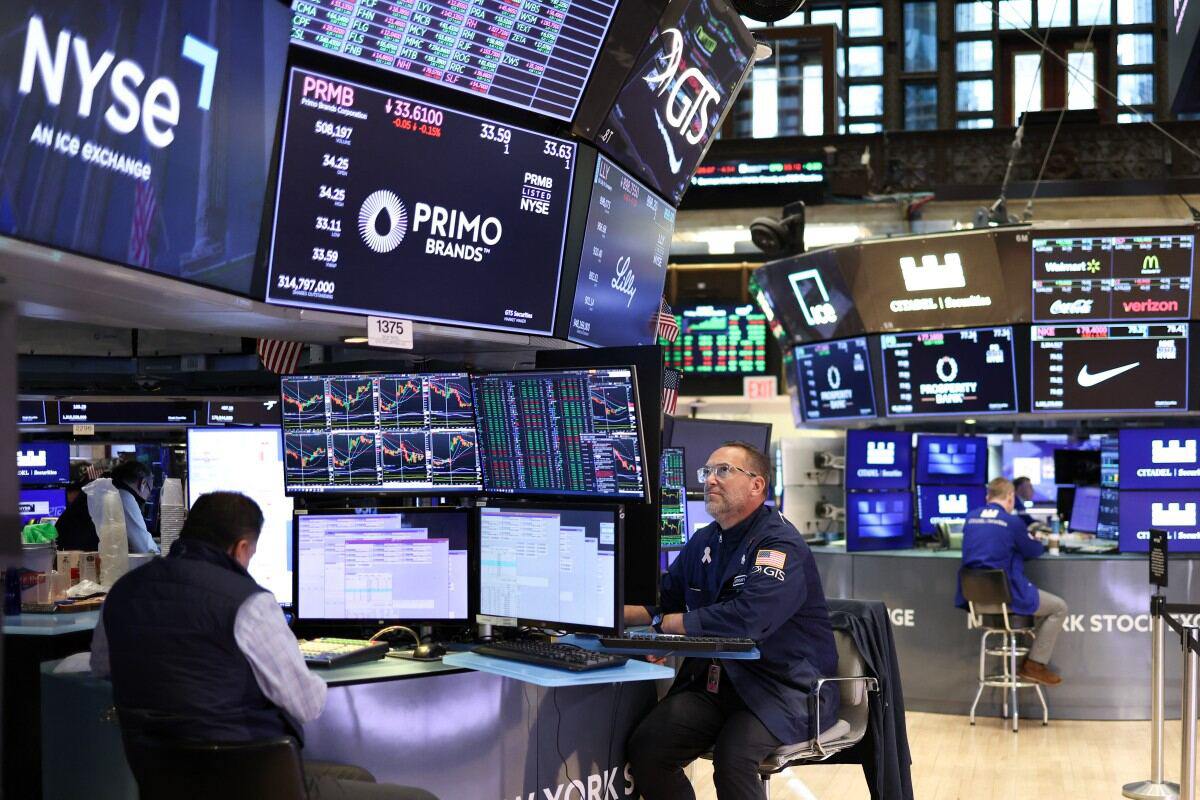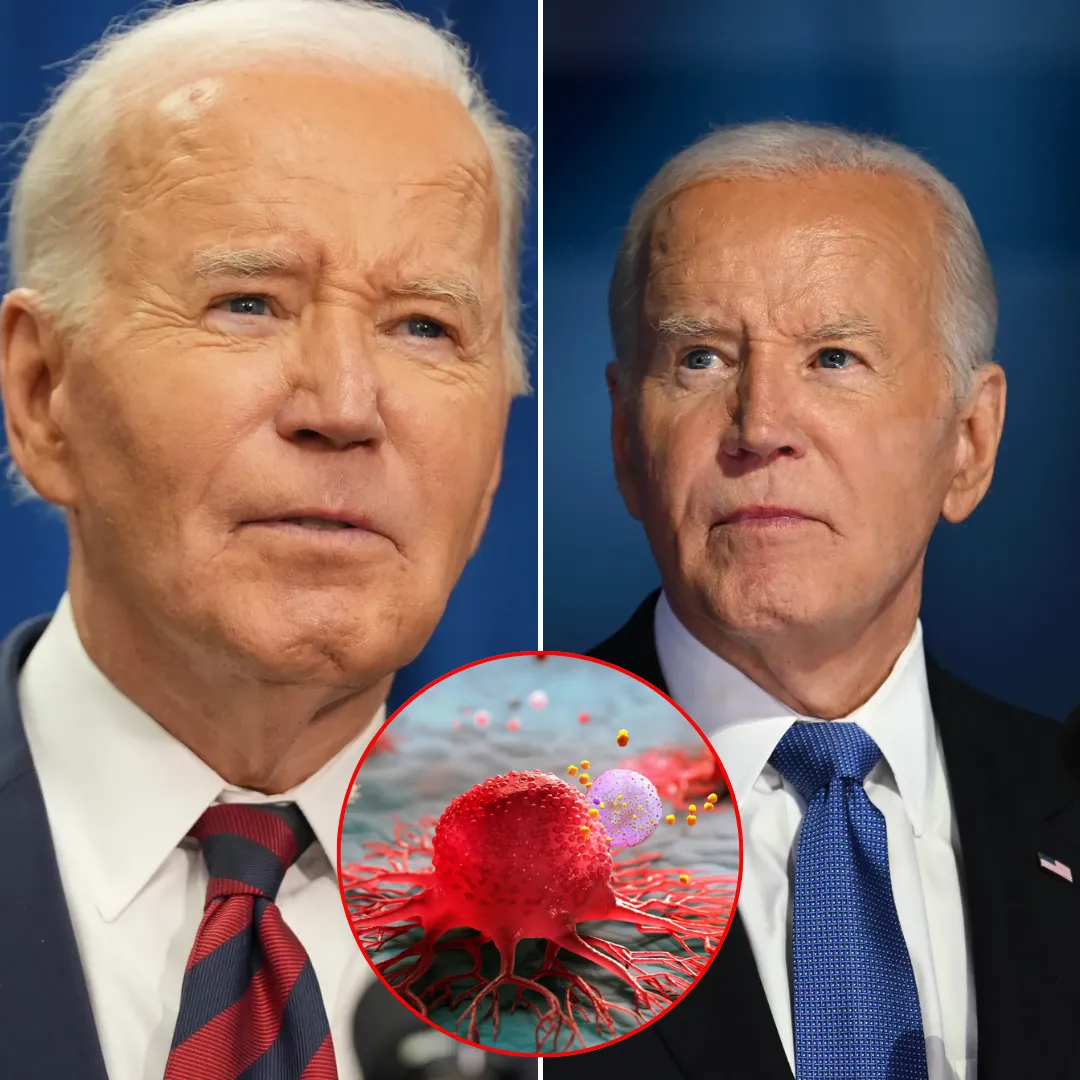
In an extraordinary turn of events, the financial world was shaken by a massive surge in stock prices, fueled by the sudden announcement of a landmark agreement between the United States and China to reduce tariffs on each other’s goods for a period of at least 90 days. This new development sent global stock markets skyrocketing, with key players in the tech industry such as Amazon, Tesla, Meta, and Apple seeing substantial gains.
The combined wealth of some of the most powerful men in the world — Elon Musk, Jeff Bezos, and Mark Zuckerberg — surged by an astounding $40 billion in just one day. The deal marked a major shift in the ongoing trade war, and the financial windfall provided a momentary respite for the technology sector, which had long struggled with the impact of heightened trade tensions.
The breakthrough was reached in Geneva, where U.S. and Chinese officials agreed to dramatically reduce tariffs — a significant step that showed a softening of the previously hardline positions taken by both sides. The United States lowered tariffs on Chinese goods from 145% to just 30%, while China reciprocated by reducing tariffs on U.S. goods from 125% to 10%. This move, seen as a gesture of goodwill, was hailed by many as an indication that the U.S. was reconsidering its aggressive stance in the trade war.
The immediate response from the stock markets was overwhelming, with major indices such as Hong Kong’s Hang Seng rising by 3%, the U.S. Dow Jones gaining 2.8% (a surge of 1,160 points), and the S&P 500 and Nasdaq increasing by 3.3% and 4.4%, respectively. These numbers reflected the strong market sentiment that followed the announcement and underscored the importance of trade policy in driving investor confidence.

Among the biggest beneficiaries of this sudden surge in market activity were the leading technology companies in the United States. These companies, often referred to as the "Magnificent Seven" — including Amazon, Tesla, Meta, and Nvidia — experienced dramatic increases in their stock prices.
Tesla, in particular, saw a major rise in its stock, regaining a valuation of over $1 trillion, a threshold the company had not seen since February. The stock price of Tesla climbed by 7%, driving Elon Musk’s wealth up by an impressive $11 billion in a single day. Similarly, Jeff Bezos saw his fortune swell by $14 billion, and Mark Zuckerberg added a staggering $16 billion to his net worth.
For context, this increase in the wealth of these tech titans is a stark reminder of how closely tied the fortunes of billionaires are to the performance of their companies’ stocks, which in turn are heavily influenced by global economic and political factors. The rapid increase in wealth for Musk, Bezos, and Zuckerberg came at a time when the broader market was experiencing a positive shift due to the newfound optimism surrounding the U.S.-China tariff agreement.
This level of growth in a single day is nothing short of remarkable and demonstrates the immense power that a successful trade deal can have on the global economy. While the tech giants saw massive gains, the deal’s impact was also felt in the broader market, with stocks in various sectors benefiting from the renewed investor confidence.

The tech industry, which had been hit particularly hard by trade tensions and regulatory concerns, saw a substantial recovery. This included Amazon, which added $170 billion to its market capitalization in a single day, helping push the total increase in value for the "Magnificent Seven" to a staggering $830 billion in just one day. Meta (Facebook) and Alphabet (Google) also saw significant increases in their stock values, rising by 8% and 3%, respectively. Microsoft, another major player in the tech sector, posted a modest 2% increase.
The strength of these companies, particularly those with deep connections to both the U.S. and Chinese markets, was evident in the way they responded to the tariff reduction deal. For these companies, many of which have a substantial portion of their revenue tied to their dealings with China, the reduction in tariffs provided a much-needed relief from the uncertainties that had plagued their operations in recent years. With markets rebounding, investors began to take a more optimistic view of the long-term prospects for these firms.
In stark contrast to the positive movement in the stock market, gold, traditionally seen as a safe-haven investment, suffered a significant drop. The price of gold fell by 3%, dropping below $3,250 per ounce, the lowest point since April 10. This marked the biggest single-day drop in gold prices since November of the previous year.
Similarly, the yields on U.S. government bonds rose by approximately 10 basis points, signaling that investors were moving their money out of safer assets and into stocks, betting that the current economic environment would provide better opportunities for growth.

The broader implications of the agreement between the U.S. and China cannot be overstated. The immediate impact was a massive boost to investor sentiment, but the long-term effects of this deal will likely ripple throughout the global economy for years to come.
For companies like Amazon, Tesla, and Apple, this shift signals the potential for a period of sustained growth and stability, as they benefit from the reduction in tariffs and the renewed optimism surrounding trade between two of the world’s largest economies.
However, it’s important to recognize that the situation remains fluid. While the tariff reduction deal is undoubtedly a positive development, the underlying tensions between the U.S. and China are far from resolved. The global economy continues to face numerous challenges, from supply chain disruptions to inflationary pressures.
The success of the tariff reduction agreement will depend largely on how both governments follow through on their commitments and whether they can navigate the ongoing geopolitical challenges that loom on the horizon.

As for the tech billionaires, the sudden jump in their wealth highlights the fragile nature of modern economies, where the fortunes of individuals and companies can rise or fall dramatically based on political decisions. The wealth of Elon Musk, Jeff Bezos, and Mark Zuckerberg continues to be tied closely to the performance of their respective companies, and the current political climate will continue to shape their fortunes in the years to come.
In conclusion, the $40 billion surge in wealth for Elon Musk, Jeff Bezos, and Mark Zuckerberg underscores the power of trade deals in shaping the fortunes of individuals and companies. As the world continues to navigate the complexities of international trade, the success or failure of future agreements between the U.S. and China will have significant consequences for the global economy and the billionaires who lead some of the world’s most influential companies. While the immediate effects of the U.S.-China tariff reduction deal are clear, the long-term implications remain uncertain, and only time will tell how these developments will unfold.



-1749890798-q80.webp)